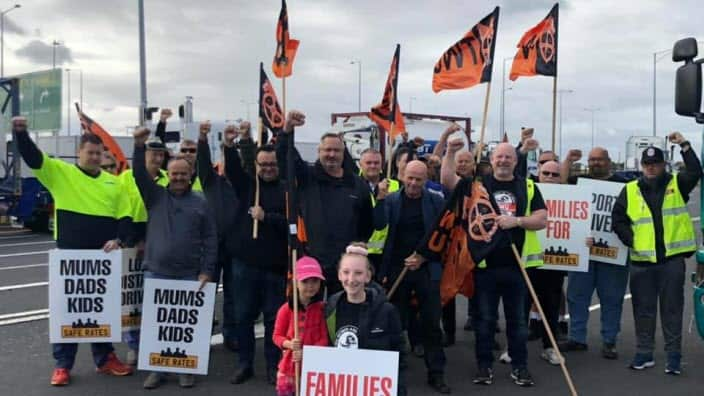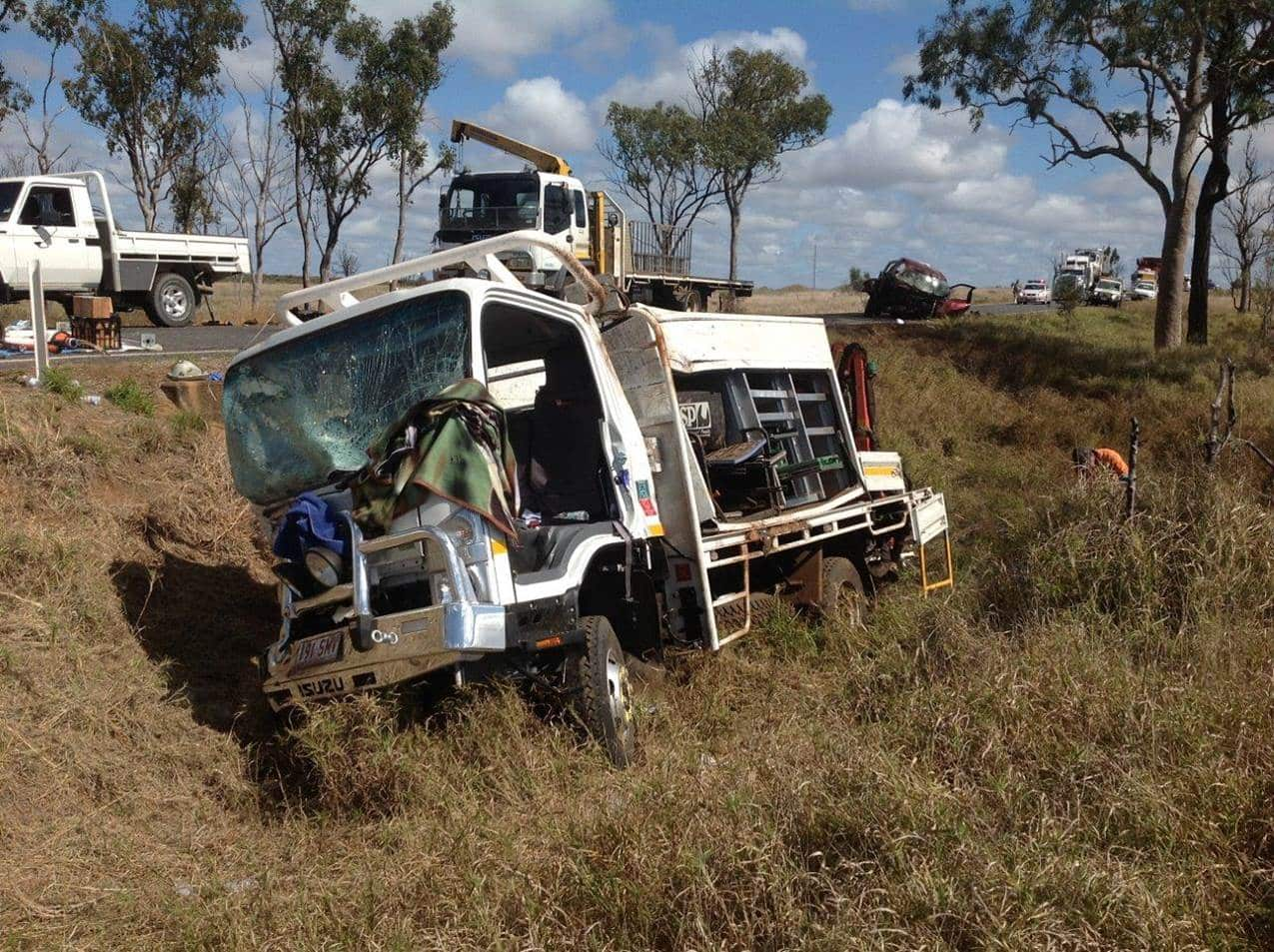A convoy of over 200 trucks descended on the Sydney Harbour on Sunday morning, calling for industry reforms to ensure that safety is prioritized in the wake of increasing truck crashes that claimed 27 lives in the month of February alone.
The protests, organised by the Transport Workers Union (TWU) were also held in other major cities including Melbourne, Perth, Brisbane and Adelaide.
“This convoy is about sending a message to the Federal Government: we want the needless deaths, the injuries, the wage theft, the insolvencies and the job losses to end,” TWU National Secretary Michael Kain said in a press statement.
"We want to make sure that wealthy retailers, manufacturers and oil companies at the top of the supply pay their fair share to make sure their goods are transported safely,” he added.

The protestors also called for an end to “unrealistic pressure” that they alleged is often imposed by employers forcing drivers to overwork and even speed in order to meet the deadlines, leading to more accidents on the roads.
Reiterating the Union's viewpoint was Melbourne-based truckie, Gurcharan Singh, who has been in the trucking business for over five years. Mr Singh told SBS Punjabi that it was high time that the control was handed back to those behind the wheel.
“The authorities need to ensure that those driving are not pushed to meet the deadlines and must have recorded rest breaks to ensure they are not fatigued especially on longer routes for the sake of their safety and of those who share the road,” said Mr Singh.
The TWU further claimed that since the scrapping of the road safety watchdog, four years ago, transport operators are unabashedly putting revenues above safety, leading to a spike in truck-related fatalities.

Indian community representative and truck driver Amar Singh said that there is an urgent need for reform in the trucking industry.
“Trucking industry needs to ensure safe rates are introduced for all operators, be it the owners or the subcontractors to tackle the problem of low wages, insolvencies and road mishaps,” said Mr Singh.
Mr Singh also called for inclusivity within the industry.
“There is no denying the fact that a large part of the Indian migrant population earns a livelihood from the transport industry. But they often operate in isolation because not many are literate or aware of major issues involving the business. And as a result, they are hit the hardest,” said Mr Singh.
Listen to SBS Punjabi Monday to Friday at 9 pm. Follow us on Facebook and Twitter.
